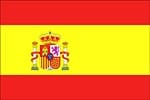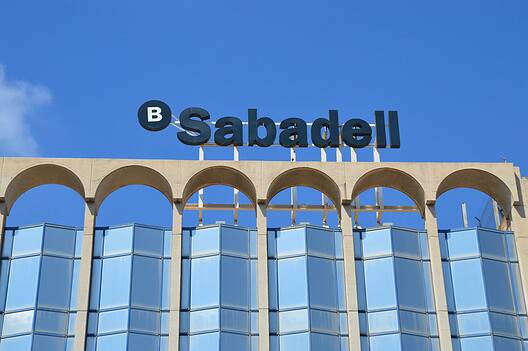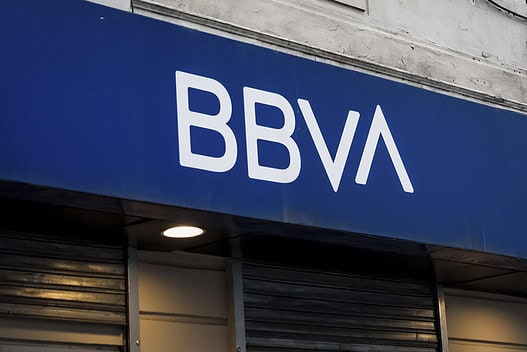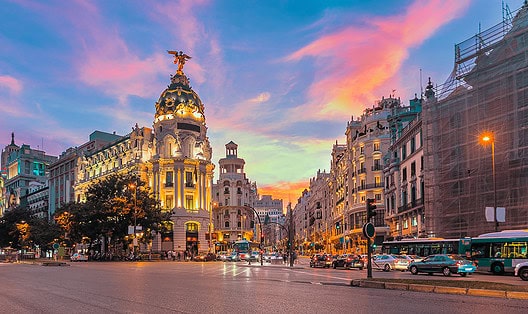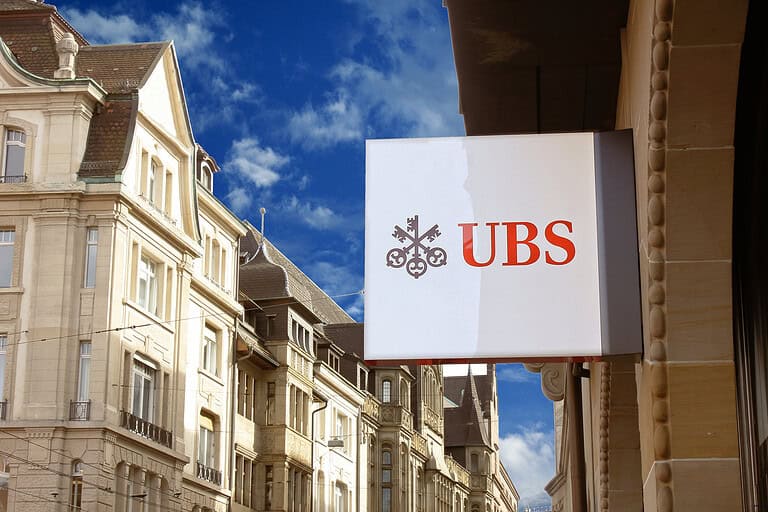Includes historical data for Spain’s Gross Domestic Product growth, debt-to-GDP ratio and more, as well as information on trade, banking and financial sector leadership.
Large Economy With A Well-Educated Workforce
As the fourth-largest economy in the eurozone, Spain’s strength is underpinned by a variety of sectors including manufacturing, financial services, chemicals and pharmaceuticals, as well as clothing and apparel, and tourism. Spain’s excellent infrastructure, well-educated workforce, large domestic market and access to the European Common Market make it an attractive destination for foreign investment. Yet Spain grapples with challenges that include high fiscal deficits and public debt, restrictive labor regulations, and an aging population. The political landscape is also highly polarized, hindering the country’s economic growth potential.
Macroeconomy & Sovereign Data
| Type of Government | Constitutional monarchy |
|---|---|
| Capital | Madrid |
| Sovereign Ratings |
S&P: A Moody’s: Baa1 Fitch: A– |
| Total Population | 48.4 million |
| Median Age | 45.3 |
| Adult Per Capita Income (PPP) | 48,669 |
| Total GDP (2023) | 1.6 trillion |
Spain GDP & Economic Overview
Most Recent Content
Spain
Banking & Finance
Trade & Investment
| Total Exports | USD 465.1 billion (2022) |
|---|---|
| Leading Exports |
Cars And Vehicle Parts Refined Petroleum Packaged Medicines Delivery Trucks Clothing And Apparel |
| Total Imports | USD 412 billion (2022) |
| Leading Imports |
Crude Petroleum Cars And Vehicle Parts Packaged Medicines Natural Gas Refined Petroleum |
| Source: | World Integrated Trade Solution |
Spain Leading Companies
| Santander | Financials |
|---|---|
| BBVA-Banco Bilbao Vizcaya | Financials |
| CaixaBank | Financials |
| Iberdrola | Electric Utilities |
| Repsol | Integrated Oil & Gas |
| Inditex | Consumer Discretionary, Apparel Retail |
| Telefónica | Communication Services |
Major Trade Partners — Import
| Germany | 11% |
|---|---|
| China | 10% |
| France | 10% |
| Italy | 6% |
| Unspecified | 6% |
Major Trade Partners — Export
| France | 15% |
|---|---|
| Germany | 10% |
| Italy | 8% |
| Portugal | 8% |
| United Kingdom | 6% |
Global Finance Rankings & Awards
Data Sources:
UN World Population Prospects
World Inequality Report
S&P Global Ratings
Moody’s
Fitch Ratings
IMF Direction of Trade Statistics (DOTS)
UN Conference on Trade and Development (UNCTAD)
CIA The World Factbook
World Bank’s World Integrated Trade Solution
Forbes Global 2000
